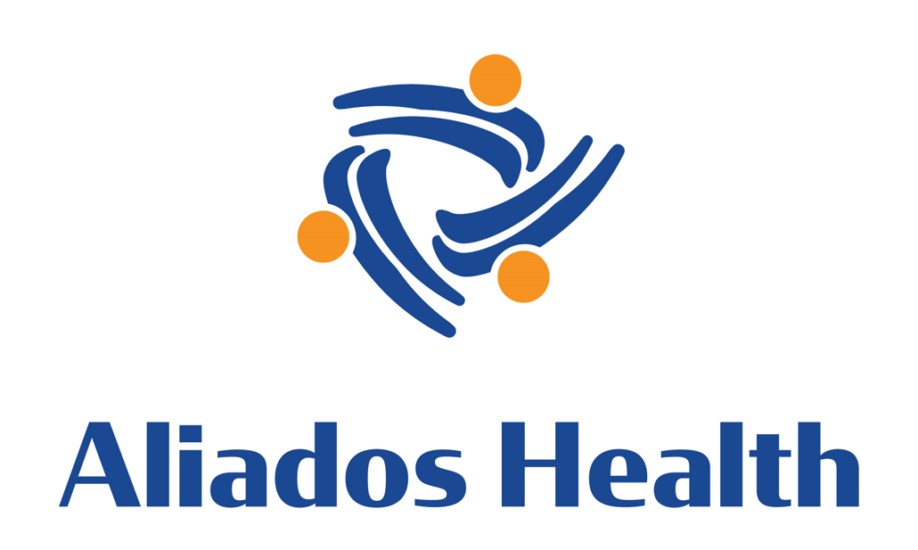2023-2025 Strategic Plan
Our Strategic Areas of Focus
Our work starts with the understanding that our capability and capacity to achieve success rests on the strength of our staff and community partnerships and that meaningful member engagement catalyzes and authorizes that work.
Advocate and Influence
Aliados Health will be a best-in-class community health consortium, using our regional leadership to shape policies and Med-Cal reforms that improve health and wellbeing across our service area, develop a strong workforce, and pay community health centers for their pivotal contributions.
Transform Care and Build Equity
Aliados Health will be recognized as a leading innovator in care transformation and health equity. Our clinics will implement cutting edge strategies to transform care delivery that result in improved health outcomes, decreased health disparities, and a strong engaged workforce.
Maximize the Value of the Collective
Aliados Health will leverage its size and reach, and the strengths of its members, to expand opportunities for the shared value, joint contracting, and new business lines. Aliados Health members will continue to lead the state in quality and population health excellence.
Strengthen the Organization
Aliados Health will optimize its staffing, systems and processes and diversify its financial base. Staff will enjoy an organizational culture rooted in diversity, equity, inclusion and belonging.
